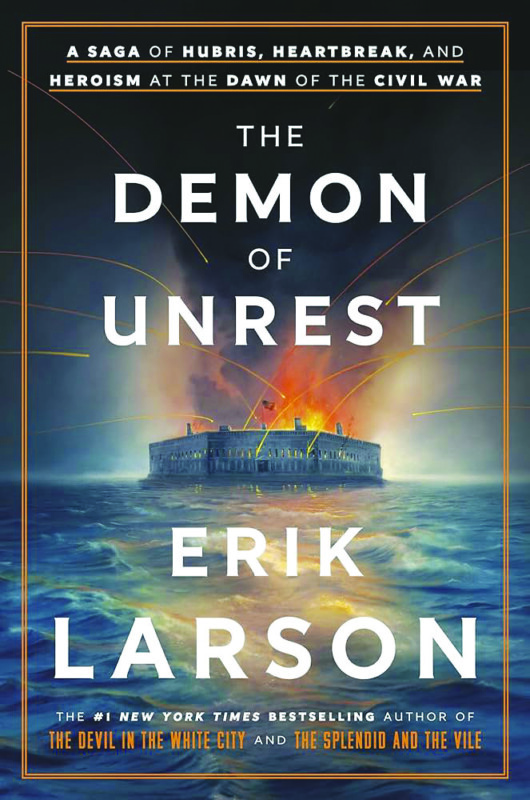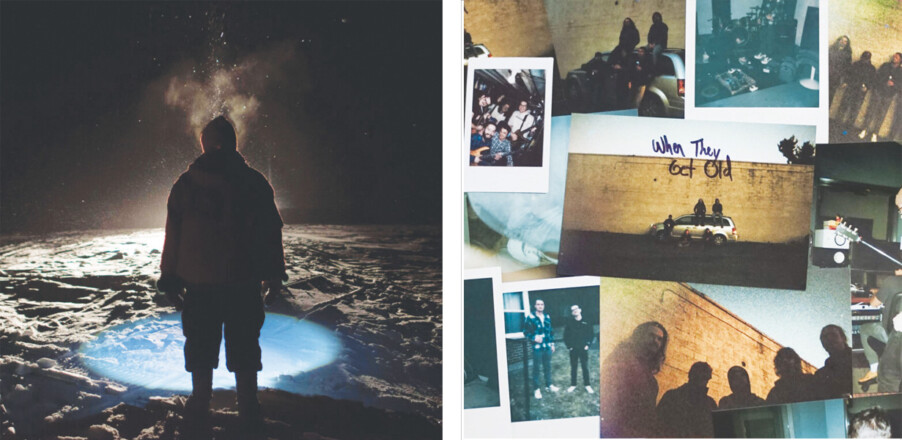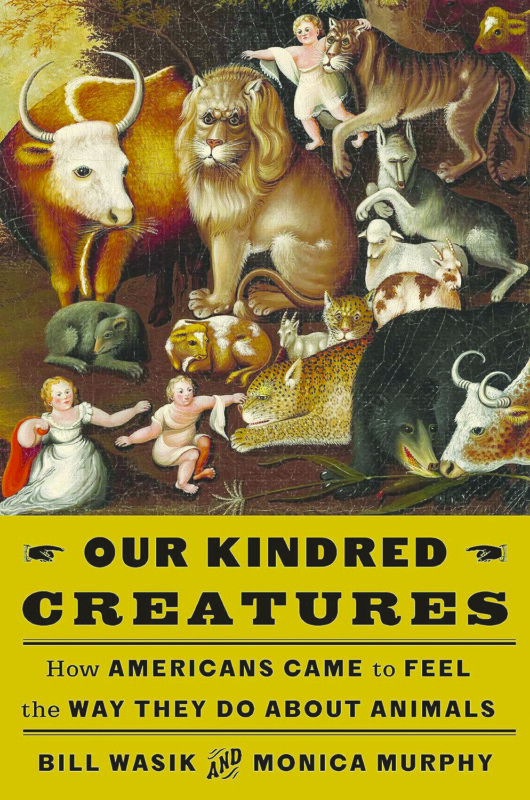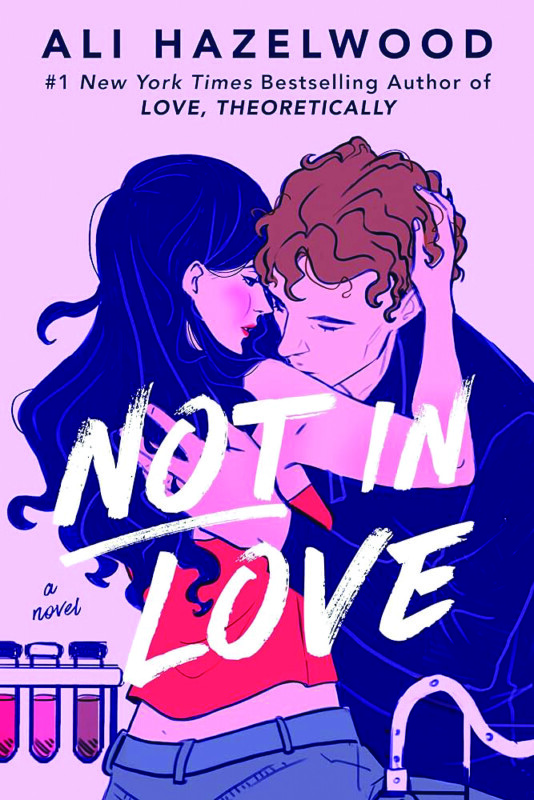The Demon of Unrest, by Erik Larson (Crown, 497 pages)
It may be an egregious conflict of interest for a native South Carolinian to review any book about the onset of the Civil War, given the Palmetto state’s outsized role in that conflict. So take everything I say here with a grain of grits.
But Erik Larson has produced a masterful work in The Demon of Unrest, his narrative history of one of the most consequential five months this country has seen: the time period bookended by the election of Abraham Lincoln on Nov. 7, 1860, and the shots fired on Fort Sumter on April 12, 1861. We all know generally how the story began and ended. Larson fills in the details, by presenting the stories behind the stories, in rich detail. Incredibly, he manages to make the story suspenseful.
Not that this hasn’t been done before — the Titanic movie was suspenseful, and we knew how that ended, too. But Jack and Rose were fictional characters, their travails invented by James Cameron. For The Demon of Unrest, Larsen combed through realms of historical documents and journals and reconstructed the minutiae of the lives of leading figures in the Civil War, some of whom, like Abraham Lincoln and Mary Boykin Chestnut, are well-known; and others, who may not be quite as familiar.
He then artfully assembled the information and, instead of trying to write history, he just told stories — stories that explain the onset of the Civil War better than any AP history course ever could.
Thousands of books have been written about Lincoln; NPR once reported that Lincoln is only second to Jesus of Nazareth in the number of books written about him. So for serious Lincoln fans, The Demon of Unrest may not bring much new information to their table in this deeply sympathetic portrait of the 16th president. And I would be remiss to not point out that this book is not kind to the South, focusing as it does on letters and speeches that make clear that the conflict hung on slavery, not states’ rights. (Although there was a Confederate officer in South Carolina who was literally named States Rights Gist — mercifully, the man only went by “States” and the name seems to have died on the battlefield with him.)
Even Mary Boykin Chesnut, the Civil War diarist who was the wife of a wealthy planter, does not come off looking great, though her writing is generally acclaimed and was the basis of a book that won a Pulitzer Prize for history. We may not cheer when her Mulberry plantation is desecrated by Union soldiers, but neither do we weep.
That said, Chesnut is not presented as abjectly villainous, as are Edmund Ruffin and James Hammond, two pro-slavery and pro-secession Confederates whose beliefs did not age well and whose deeds were abhorrent even for their time.
Hammond, for example, sexually abused people he enslaved and also four under-aged nieces; he wrote unashamedly about his exploits in his journals. There was a great scandal when the relationship with the nieces came to light and Hammond retreated from public life for a while but later, incredibly, was returned to public office in South Carolina. Ruffin, a Virginian, was famously assigned to fire the first shot on Fort Sumter. He did so after dining the night before on cheese and crackers, and sleeping on “a pallet under two thick blankets,” still dressed in his clothes, because he was so excited for the war to start.
There are heroes in The Demon of Unrest, however, apart from Abraham Lincoln; most notable is Major Robert Anderson, the commander of Fort Sumter, the small island in Charleston Harbor where the first shots of the war were fired. Anderson is heroic, despite having once been a slaveholder, not only because he was on the right side of history, but also because he remained loyal to the Union despite his deeply conflicted feelings about the impending war.
He was, for example, sympathetic to various complaints of the South, and he was friends with General P.G.T. Beauregard, South Carolina’s military commander. The two men had to navigate the increasing military hostilities amid a friendship that began at West Point. They were unfailingly solicitous to each other in their correspondence, even as they were making preparations for their respective forces to do battle.
One of the starkest takeaways of the book is how vitriolic the South had become not only to the union but to everyone in the North. And they especially hated people who lived in New England. William Russell, a war correspondent for the London Times, was reporting in the colonies and wrote, “Whether it be in consequence of some secret influence which slavery has upon the minds of men or that the aggression of the North upon their institutions … certain it is there is a degree of something like ferocity in the Southern mind toward New England which exceeds belief.”
One might say a vestige of that remains in the South’s animosity toward certain New England sports teams.
Larson ends his story on April 18, 1861, but includes an epilogue that gives the post-war outcomes of all his major players. The Demon of Unrest adds to his compendium of lengthy narrative histories that include his treatment of Winston Churchill and the London Blitz, the Galveston hurricane of 1900, and the build-up to World War II under Hitler’s Germany.
His books are exhaustive, and as such, some consider them exhausting, but he performs a kindness for the reader by formatting the stories in short chapters, some only four or five pages. They are the sort of books best read over the course of a year, not over the course of a vacation, and require a high degree of interest in the subject matter. But nobody does it better when it comes to putting readers in the trenches of history, in this case with cannonballs whizzing over our heads. A —Jennifer Graham






